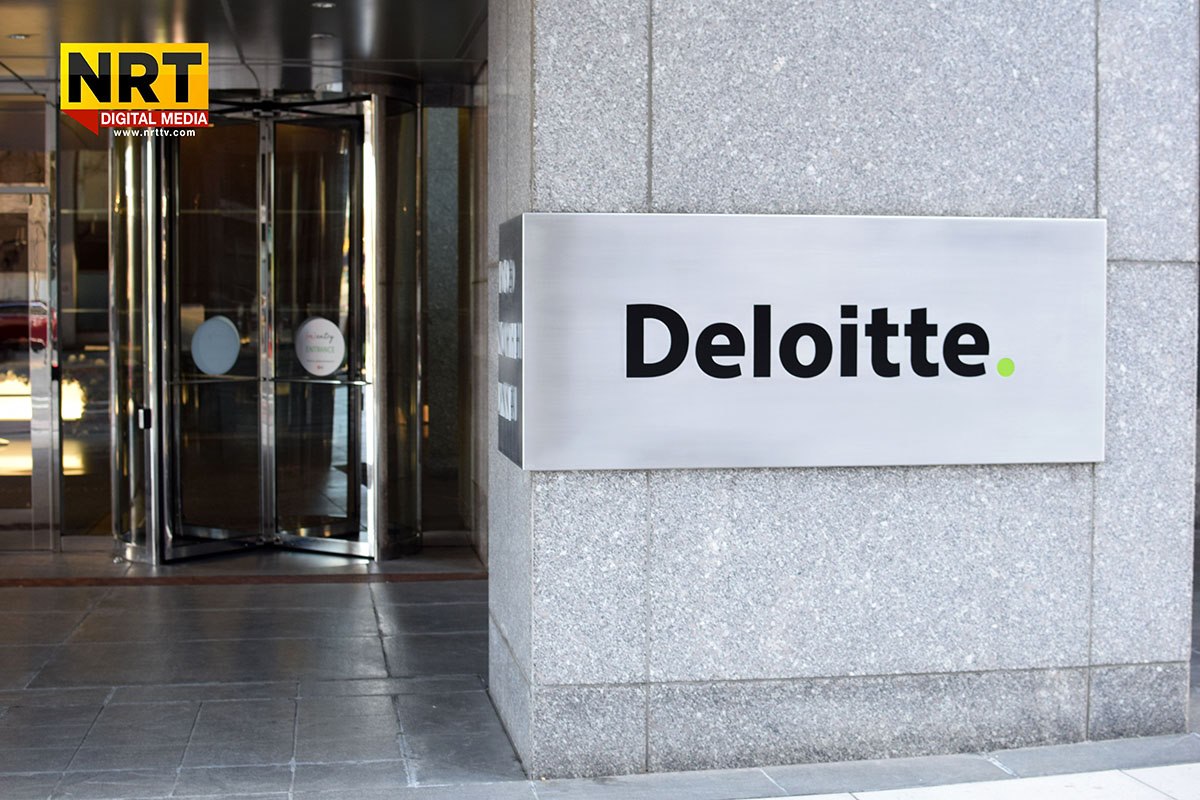
A sign outside auditing giant Deloitte's offices in Arlington, Virginia on December 6, 2020 (Winthrop Rodgers/NRT Digital Media)
2021-06-28
1333 View
+
-
SULAIMANI — During 2020, the Kurdistan Region pumped nearly 166 million barrels of crude oil and brought in $2.345 billion in revenue, according to year-end numbers audited by Deloitte and released by the Kurdistan Regional Government (KRG) on Monday (June 28).
However, the KRG sold its oil at a steep discount and the revenue brought in represented just 52 percent of the gross value of the oil it sold after subtracting fees paid to oil producers and pipeline operators.
In January, the KRG released the numbers for its oil industry through the first three quarters of 2020, but has now also included data for the fourth quarter and the totality of the year.
Officially, the Region pumped 165,942,861 barrels over the course of 2020, 157,599,661 barrels of which it exported via the Turkish pipeline to the port of Ceyhan. An additional 8,245,586 barrels were delivered to the KRG’s Ministry of Natural Resources for refining and 97,614 barrels were sold locally.
Although oil had a down year overall due to oversupply and depressed demand from the COVID-19 pandemic, the KRG continued to sell its oil at a severe discount.
The exported oil sold for $4.444 billion or an average of $28.10 per barrel. The average cost per barrel of benchmark Brent crude oil last year was $41.96.
In contrast, the oil sold locally and directly to refineries averaged $51.15 per barrel, bringing in just under $5 billion.
The KRG made $1.76 billion in payments to oil producers and paid a total of $1.114 billion in fees, tariffs, interest, and other expenditures to pipeline operators in the Kurdistan Region and Turkey, KRG ministries, and other entities.
As a result, it was left with just $2.345 billion or 52 percent of the value of the oil it sold.
The KRG’s Ministry of Natural Resources is responsible for the oil industry in the Kurdistan Region.
The government uses Deloitte to audit the official numbers in a bid for transparency, but critics argue that officials and businesspeople affiliated with the Kurdistan Democratic Party (KDP) and the Patriotic Union of Kurdistan (PUK) corruptly benefit from oil deals, as well through oil smuggling and illegal refining.
(NRT Digital Media)